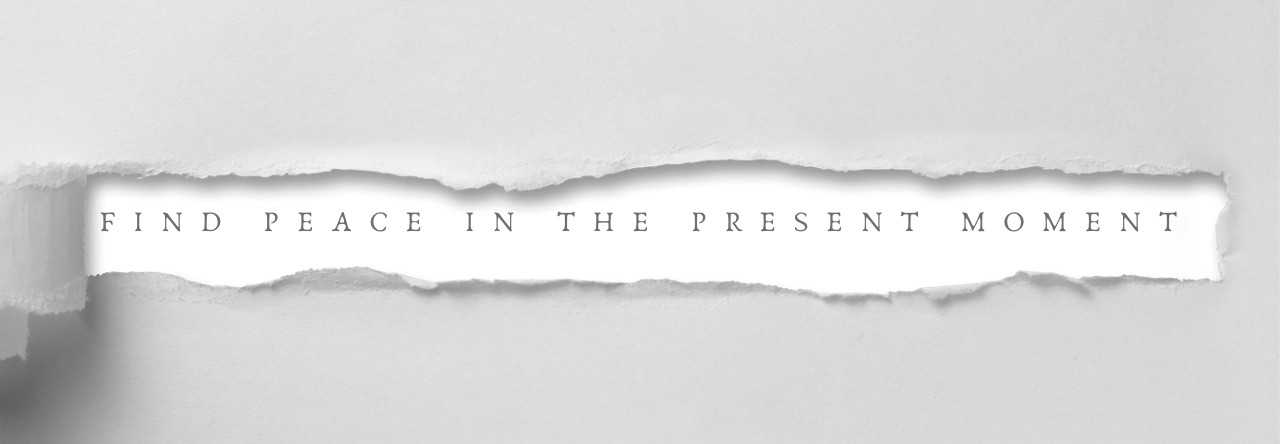Stress and anxiety are becoming more common in our fast-paced world. It’s important to take care of your mental health and well-being in order to lead a happy and healthy life. One way to do this is through the practice of mindfulness.
What is mindfulness?
Mindfulness is the practice of being present and fully engaged in the moment, without judgment. It’s a mental state achieved by focusing one’s awareness on the present moment, while calmly acknowledging and accepting one’s feelings, thoughts, and bodily sensations.
How does mindfulness help with stress and anxiety?
Mindfulness can be a powerful tool in managing stress and anxiety. It allows you to take a step back from your thoughts and feelings and observe them without judgment. This can help you develop a greater awareness of your emotions and the triggers that cause them. With practice, you can learn to respond to stress and anxiety in a more positive way.
Benefits of mindfulness for managing stress and anxiety
Improves mood
Mindfulness has been shown to increase positive emotions and decrease negative emotions. It can help you develop a more positive outlook on life, even in difficult circumstances.
Enhances self-awareness
Mindfulness can help you develop a greater awareness of your thoughts, emotions, and physical sensations. This can help you identify the sources of your stress and anxiety and develop strategies to manage them.
Improves cognitive function
Mindfulness has been shown to improve cognitive function, including attention, memory, and decision-making. This can help you perform better at work and in other areas of your life.
Reduces physical symptoms of stress
Stress can cause physical symptoms such as headaches, muscle tension, and digestive problems. Mindfulness can help reduce these symptoms by promoting relaxation and reducing the levels of stress hormones in the body.
How to practice mindfulness for stress and anxiety
Start with a short meditation
Set aside a few minutes each day to sit quietly and focus on your breath. Notice when your mind wanders and gently bring your attention back to your breath. You can use a guided meditation or simply focus on your breath for a few minutes.
Practice mindful breathing
Throughout the day, take a few deep breaths and focus on your breath. Notice the sensation of air entering and leaving your body. This can help you feel more calm and centered in stressful situations.
Pay attention to your senses
Take a few moments to notice the sensations in your body, the sounds around you, and the things you can see, smell, and touch. This can help you feel more present in the moment and reduce feelings of stress and anxiety.
Practice gratitude
Take a few moments each day to reflect on the things you are grateful for. This can help you develop a more positive outlook on life and reduce feelings of stress and anxiety.
Practice self-compassion
When you are feeling stressed or anxious, practice self-compassion. Be kind to yourself and acknowledge that these feelings are a normal part of the human experience. Treat yourself with the same kindness and understanding you would offer to a friend in need.
In closing, mindfulness is a powerful tool for managing stress and anxiety. It can help you develop a greater awareness of your emotions and the triggers that cause them, and respond to stress and anxiety in a more positive way. With regular practice, mindfulness can help you feel more calm, centered, and present in your life.


Leave a Reply